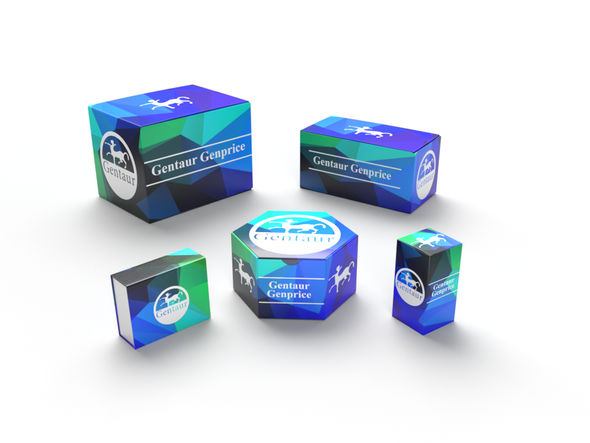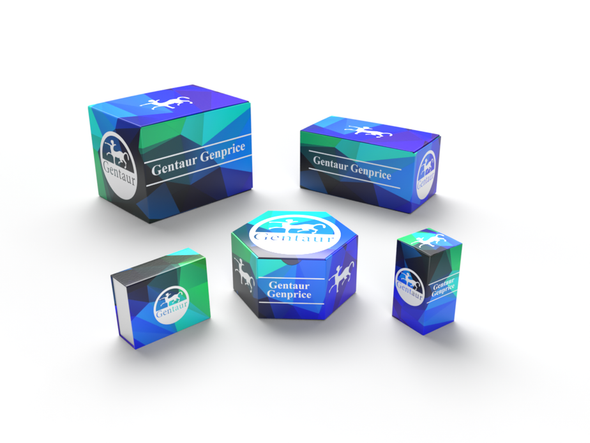Description
Acetyl-TP53-K370 mAb | 13-883 | Gentaur UK, US & Europe Distribution
Host: Rabbit
Reactivity: Human, Mouse, Rat
Homology: N/A
Immunogen: A specific peptide of human Acetyl-TP53-K370
Research Area: Apoptosis, Cancer, Cell Cycle, Neuroscience, Signal Transduction, Transcription
Tested Application: WB, IF, IP
Application: WB: 1:500 - 1:2000
IF: 1:50 - 1:200
IP: 1:20 - 1:50
Specificiy: N/A
Positive Control 1: HepG2 treated with Etoposide and Trichostatin
Positive Control 2: Untreated
Positive Control 3: N/A
Positive Control 4: N/A
Positive Control 5: N/A
Positive Control 6: N/A
Molecular Weight: Observed: 53kDa
Validation: N/A
Isoform: N/A
Purification: Affinity purification
Clonality: Monoclonal
Clone: N/A
Isotype: IgG
Conjugate: Unconjugated
Physical State: Liquid
Buffer: PBS with 0.02% sodium azide, 50% glycerol, pH7.3.
Concentration: N/A
Storage Condition: Store at -20˚C. Avoid freeze / thaw cycles.
Alternate Name: TP53, P53, BCC7, LFS1, TRP53
User Note: Optimal dilutions for each application to be determined by the researcher.
BACKGROUND: This gene encodes a tumor suppressor protein containing transcriptional activation, DNA binding, and oligomerization domains. The encoded protein responds to diverse cellular stresses to regulate expression of target genes, thereby inducing cell cycle arrest, apoptosis, senescence, DNA repair, or changes in metabolism. Mutations in this gene are associated with a variety of human cancers, including hereditary cancers such as Li-Fraumeni syndrome. Alternative splicing of this gene and the use of alternate promoters result in multiple transcript variants and isoforms. Additional isoforms have also been shown to result from the use of alternate translation initiation codons from identical transcript variants (PMIDs: 12032546, 20937277) .






